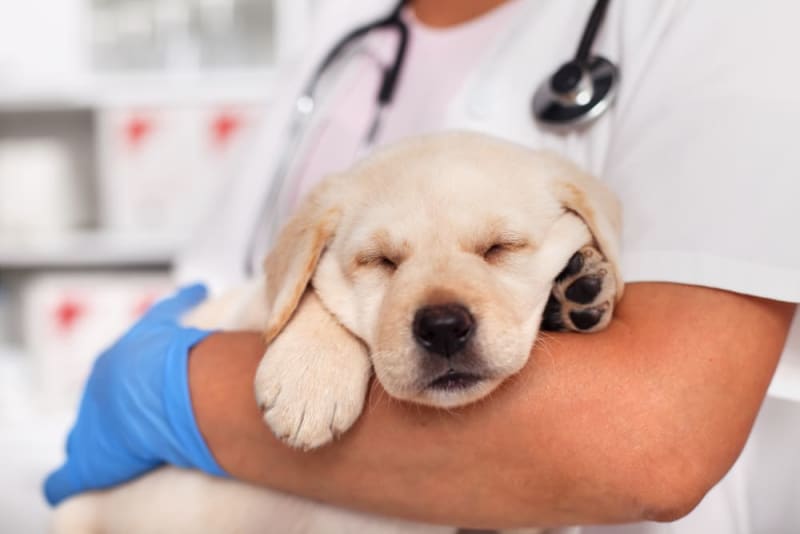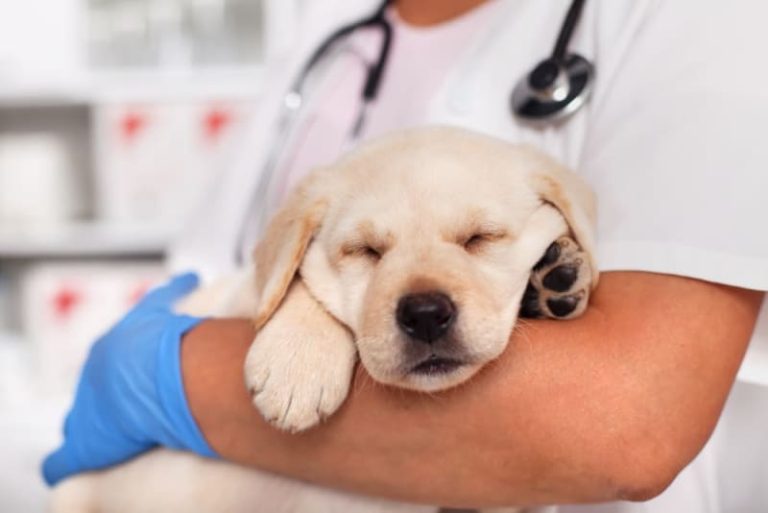
Taking your pet to the animal hospital for the first time might seem daunting. Knowing what to expect can ease your worries. When you visit a veterinarian in Dana Point, you can anticipate a welcoming environment for both you and your pet. The visit will start with a friendly greeting. The staff will gather basic information about your pet, including medical history and any current concerns. Then, a thorough examination will follow. The veterinarian will check your pet’s weight, eyes, ears, and overall condition. They will also listen to the heart and lungs. It’s a great time to ask questions about your pet’s health and care. You may discuss vaccinations, nutrition, and behavior. Understanding each step helps you feel more at ease. It’s all about ensuring your pet’s health and building a trusting relationship with the care team. Remember, regular visits can lead to a longer, happier life for your pet.
Initial Check-In
Upon entering the animal hospital, you will meet the receptionist. They will confirm your appointment and ask for some basic details. This includes your pet’s name, age, and any past medical treatments. This information helps the veterinarian understand your pet’s background and current needs.
The Examination Room
Next, you will move to the examination room. Here, a technician may take your pet’s weight and temperature. The veterinarian will soon join you to conduct a comprehensive health check. The physical exam involves checking the skin, fur, and body condition. They will also inspect the mouth and teeth. Each of these checks is vital for spotting any early signs of health issues.
Discussion with the Veterinarian
This part of the visit is crucial. It’s a chance to discuss any concerns you have noticed. The veterinarian will offer advice on nutrition, exercise, and preventive care. They may recommend specific vaccinations or treatments. Feel free to ask questions about your pet’s behavior or any changes you have observed. This open dialogue ensures that your pet receives the best care possible.
Vaccination and Preventive Care
Vaccinations protect your pet from various diseases. The veterinarian will discuss which vaccines are necessary based on your pet’s age and lifestyle. They might also suggest flea, tick, and heartworm prevention. This proactive approach helps in maintaining your pet’s health and well-being.
Understanding the Costs
It’s important to discuss the cost of the visit upfront. Here is a simple table that might help you understand the potential costs involved:
| Service | Average Cost |
| Initial Exam | $50 – $100 |
| Vaccinations | $15 – $45 per vaccine |
| Preventive Treatments | $8 – $30 per month |
Discussing these costs helps avoid surprises. It also allows you to plan for any ongoing treatments or future visits.
Building a Relationship
Establishing trust with your veterinarian is a long-term investment in your pet’s health. Regular visits ensure that any potential issues are caught early. It’s similar to how regular check-ups are essential for humans. Building this relationship benefits both you and your pet.
Preparing for Future Visits
After the first visit, you will have a better understanding of how to prepare for future appointments. Keep a record of your pet’s health history, including vaccinations and any treatments. This keeps the process smooth and efficient. Regular visits are important for detecting changes in your pet’s health and addressing them promptly.
Resources and Further Reading
For more information on pet care, you can visit the American Veterinary Medical Association. They offer a wealth of resources on nutrition, health, and general care tips. Another helpful source is the ASPCA’s Pet Care section, which guides a variety of pet-related topics.
Understanding what to expect at your pet’s first visit to an animal hospital makes the process smoother. It helps in making informed decisions about your pet’s health and well-being. Regular check-ups are key to a healthy, happy pet.






